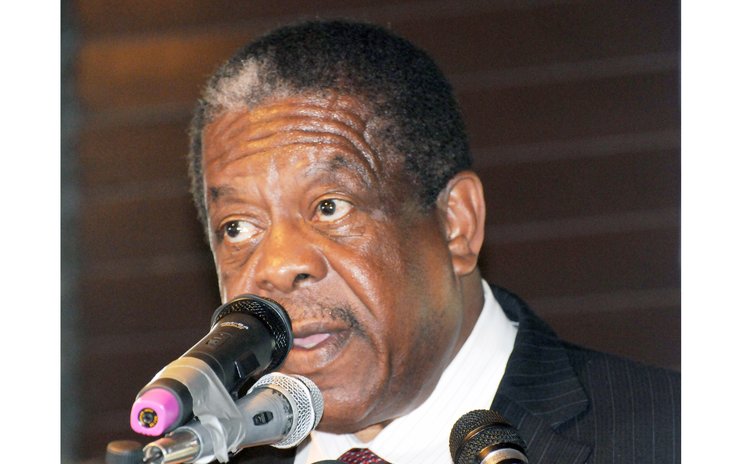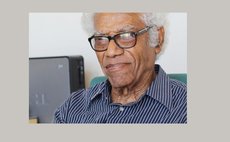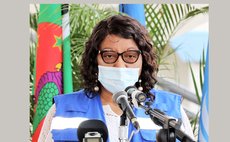CCJ to observe 10th anniversary

The Caribbean Court of Justice (CCJ) has been making plans for the observance of its 10th year of operations, Justice Adrian Saunders said, adding that throughout this calendar year the CCJ will be embarking on a variety of activities to mark the occasion, the Caribbean Media Corporation (CMC) has reported.
The CCJ, established in 2001 to replace the London-based Privy Council as the region's final court, began operations on April 16, 2005.
The CCJ has both an Original and Appellate Jurisdiction, but while most of the Caribbean Community (CARICOM) countries are signatories to the Original jurisdiction, only Barbados, Guyana, Belize and Dominica are members of the Appellate Jurisdiction.
The CCJ also acts as an international tribunal interpreting the Revised Treaty of Chaguaramas that governs the 15-member regional integration movement.
Presiding in the first court proceedings for 2015, Justice Saunders noted that the CCJ had come a long way from the solitary case that was filed in 2005, the CMC stated.
"Twenty-six matters were filed in 2014. It is for our stakeholders, lawyers, courts throughout the region, academia, the general public, to assess critically the jurisprudence the Court has fashioned over those years but the judges and administrative staff of the Court are extremely proud that for the last decade we have been afforded the opportunity to serve the region in implementing the historic mandate of the Court and in furthering the development of Caribbean jurisprudence," he reportedly said.
Dominica made the CCJ its final court last year and CCJ President Sir Dennis Byron, has expressed the regret that Caribbean people generally were still expressing a lack of knowledge about the working of the court.
"It has been a constant complain from the public in our region," he said, noting that efforts were being made through the court's website, lectures and articles to provide information on the CCJ.
"But people still say, 'we don't know'. I think that it's important for a court, for the work of the court to be known by the public," he said, adding "I think a court needs to have the public's confidence and the only way we can achieve that is by letting you know how we function, by providing the information.
"We have thought about trying to encourage the reading of our judgments by creating what we call a press corner. So we have law students from university take the judgments that we write and produce a one-page version which we have been disseminating to the press but people haven't been printing it," CMC said Sir Dennis stated in Belize recently.




